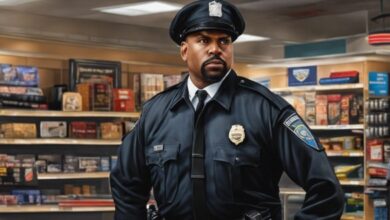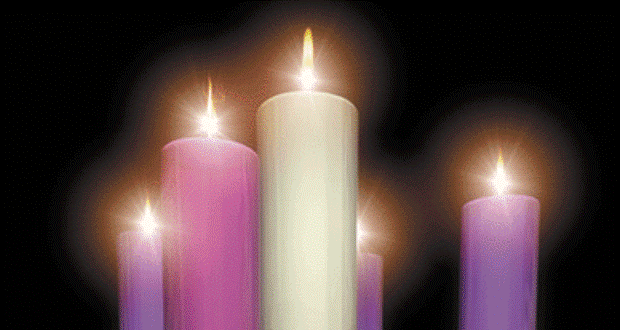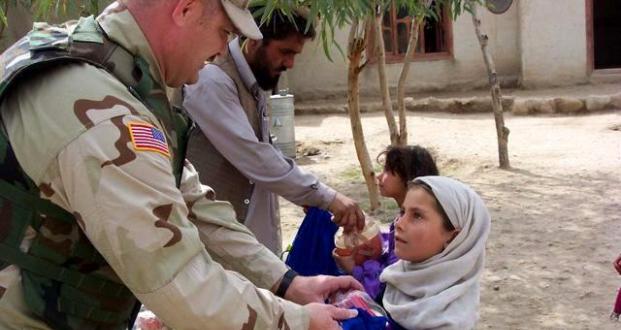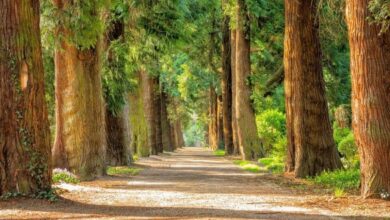God Speaks In The Wilderness Of Our Lives
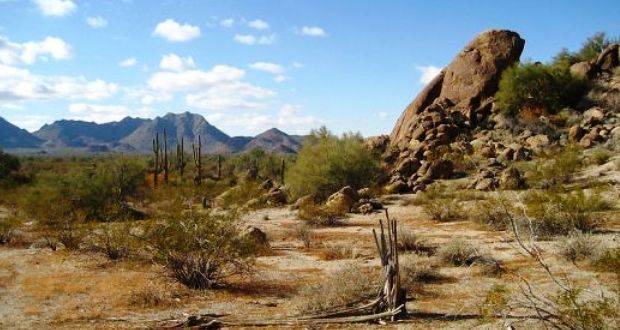
(By Fr. Dexter Brereton)
“Wilderness” is an apt word to describe much of the chaos and disorder that one finds in Trinidadian life today. In varying degrees it also describes the turbulent times in which the world finds itself as it approaches Christmas 2015. I am struck by the fact that the word appears twice in this Gospel reading of the Second Sunday of Advent. In the first instance Luke writes: “…the Word of God came to John the son of Zechariah in the wilderness…” and later on he would add, quoting the book of the prophet Isaiah: “A voice cries in the wilderness, prepare a way for the Lord.”
Into the wilderness of men’s and women’s lives marches the towering and unforgettable figure of John the Baptizer, who, using the ancient scriptures of the past, proclaims that God is doing something new. Listen again to the words of Isaiah quoted by Luke:
A voice cries in the wilderness;
Prepare a way for the Lord
Make his paths straight.
Every valley will be filled in,
Every mountain and hill be laid low,
Winding ways will be straightened and
Rough roads made smooth.
In his use of Isaiah, Luke does something interesting: he wants to speak about the present in the language of the past. It is not enough to interpret the present; one must interpret the present using biblical language. At the same time it is not enough to interpret biblical language if you are not using it to interpret the present. This passage then is a wonderful example of the dialectic that should exist between the bible (when it is properly read) and life as it is lived. Life becomes flat and discouraging if it is not properly interpreted using the language of the bible, and the bible itself turns into a ‘comic book’ if its stories are not used to interpret the present.
To what is Luke referring then? This passage taken from Isaiah chapter 40 comes from the opening section of the second section of the book of Isaiah, entitled “the book of consolation.” At the time it was written, the people had spent a long time in exile and God, rather than pouring salt in the wound proclaims a new reality, a new exodus, like in the time of Moses. God will lead them forth as God did in the desert, which is why Isaiah tells the people to “make his (the Lord’s) paths straight.”They may have been traumatized and beaten up by the experience of exile but they still had a future. Their journey with God continues.
When we read the bible in our own time, whether in Church or in private, we are not engaged in escapism or in nostalgia. The word of God we read in the bible, is at the same time an “event” which God brings into being. It is a reality that is “proclaimed” at mass rather than simply “read.”
As I read this passage, the Word of God caused the present to come alive for me. Last weekend I celebrated a mass in Spanish to mark the beginning of the Spanish Heritage festival in Lopinot, one of our parish communities famous for its ‘cocoa panyol’ culture. I was relating to someone that I was deeply moved by the fact that while there was so much death and destruction around us, while our beloved country continues to be hobbled by a horrendous homicide rate, here was a small rural community doing something that was very “life-giving”, they were engaged in the preservation of an extremely interesting slice of Trinidad and Tobago’s cultural mosaic. Yes, there may be wilderness (death and murder) all around us, but in Lopinot, light continues to shine. By getting together, however imperfectly, and attempting to teach their children and outsiders some of their traditional culture, they were ‘preparing a way for the Lord’ in the wilderness, making God’s paths straight, in other words, making it easier for God’s action in their lives.
It struck me as well that the true prophetic gift of John the Baptist was not only his memorable ability to denounce and excoriate all that was wrong, this was a part of it, but part of that prophetic gift was also the ability to see “life” to see the action and salvation of God where others see only death, sin and nothingness. He was able to proclaim to his hearers that God was doing, yet again, a new ‘exodus’ as in days of old, at a time when the people around him saw little reason to hope. This second Sunday of Advent let us pray that God may lend us the ‘glasses’ (spectacles) of John the Baptist so that we might see life as he did. Here are some questions for reflection:
Am I preparing a way for the Lord in my family or in the place where I work?
Am I making it easier for God to act?
Am I seeking to create a space where others feel welcome and their talents appreciated?


